COBB CAN Gateway + Nissan GTR CAN Flex Fuel and CAN Fuel Pressure Monitoring
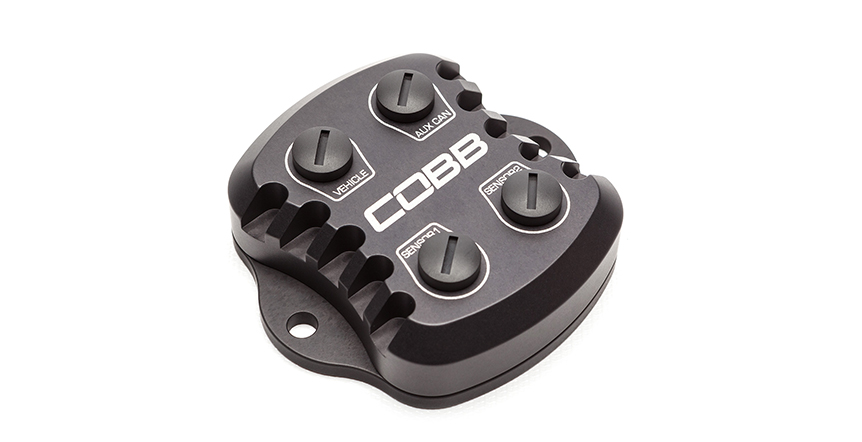
The standardization of the CAN Bus (Controller Area Network) in modern cars can be considered one of the most important components and milestones in automotive design over the last 20+ years. It has ushered in an era where engineers and designers can find the happy balance of white knuckle performance while still loading cars full of creature comforts and features that produce a truly well-rounded experience. The ability for aftermarket tuners to access the CAN Bus has also made it possible to take what the OEMs started with and go the extra step…or mile, to continue pushing the limits of what the factory systems in a car can do. But one downside is that sometimes there are factory limitations that can’t be simply overcome with the hardware and systems that came with the car.
If you are not familiar with the basics of what the CAN Bus is, watch this video first.
What is the COBB CAN Gateway?
As shown in the video above, the CAN Bus is the network in your car that allows all of the different modules and sensors to communicate with each other. If a device can access the network, then typically a tuner can control and communicate with it to improve the car’s performance or change how that device behaves. That’s how the Accessport is able to flash to an ECU or TCM, but what if you want the car to have a feature or use a sensor/module that isn’t in the car from the factory and isn’t already connected to the CAN Bus? That’s where the COBB CAN Gateway comes in!
In short, the COBB CAN Gateway is our door into the vehicle’s CAN Bus. We are able to utilize the Gateway to add auxiliary sensors for more in-depth data logging and more refined versions of COBB Custom Features. For example, our initial release of the CAN Gateway for the Nissan R35 GTR will allow anyone with an Accessport to easily add Flex Fuel and/or Fuel Pressure monitoring to the car without having to remove or hijack a factory-installed sensor. Both are high-demand features that greatly benefit any GTR from a mild tune all the way up to cars make well into the four-figure horsepower numbers.
You may ask yourself, “Aren’t there already many ways to add these features to a GT-R?”. Yes, there are. Converting to a stand-alone ECU or inputting data into an existing sensor is possible. These methods can be extremely costly and often times mean giving up something else.
The beauty of the COBB CAN Gateway is that it connects directly to the CAN Bus independent of any other system and transmits sensor data exactly the way it would if it was designed and implemented by the OEM. That means your car gets the new feature like Flex Fuel, or the new sensor to monitor fuel pressure digitally and you don’t have to give up anything to do it.
Analog vs Digital Input
Previously, in order to get auxiliary sensor info into a car’s ECU, you would need to hijack existing analog inputs such as a MAF or TIP (Throttle Inlet Pressure) sensor. While this may work, it is not ideal. Removing factory sensors make diagnosing potential issues much more difficult, can potentially cause less-than-desired driveability, and in most cases is illegal. The sensor inputs traditionally used are simple 0-5v analog inputs. Not only is an analog input limited in resolution, it is also limited to transmitting one channel of data. In order to input an analog value into these channels, data from a digital ethanol content sensor would first have to be converted. Through this process, you are giving up accuracy and precision available from the actual sensor in order to stay within the resolution of the analog input. Beyond that, analog inputs are susceptible to voltage offsets due to a bad ground or deteriorating or damaged wiring harness. These offsets can often time become a tuning issue long before any sort of issue is visually identifiable.
Utilizing a digital signal from the sensor all of the way to the ECU eliminates the concerns surrounding analog inputs. The COBB CAN Gateway has the ability to do just that. With two available digital ports, data from a digital ethanol content sensor and fuel pressure sensor can be provided straight onto the CAN bus and into the ECU without sacrificing precision or reliability.
Below is a simplified diagram of how the COBB CAN Gateway is integrated into the GT-R’s CAN Bus.
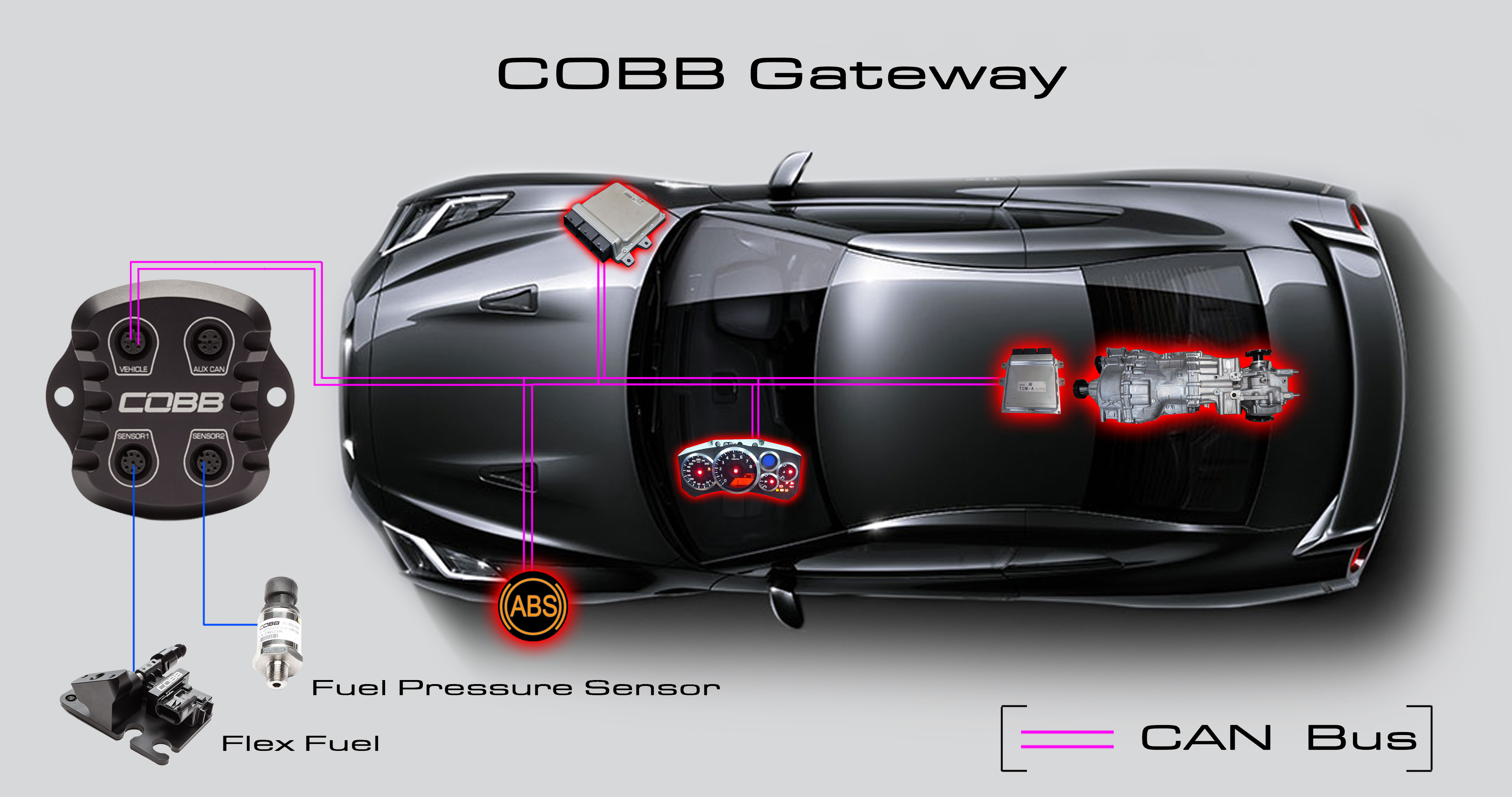
You may notice an unused port on the Gateway in the image above, labeled “AUX CAN”. This is where things will get a bit more exciting. As we continue development with the CAN Gateway, this AUX CAN port allows not only for additional sensor inputs but also the ability to control additional modules.
New CAN Products
So what does this mean for today? The initial launch of the COBB CAN Gateway allows for 2008-2018 Nissan GT-R owners to install our all-new CAN Flex Fuel and/or CAN Fuel Pressure Monitoring kits as a plug-and-play solution without having to remove any factory functionality. Three new products are at the core of a host of a new assortment of sensor packages and Stage Power Packages.
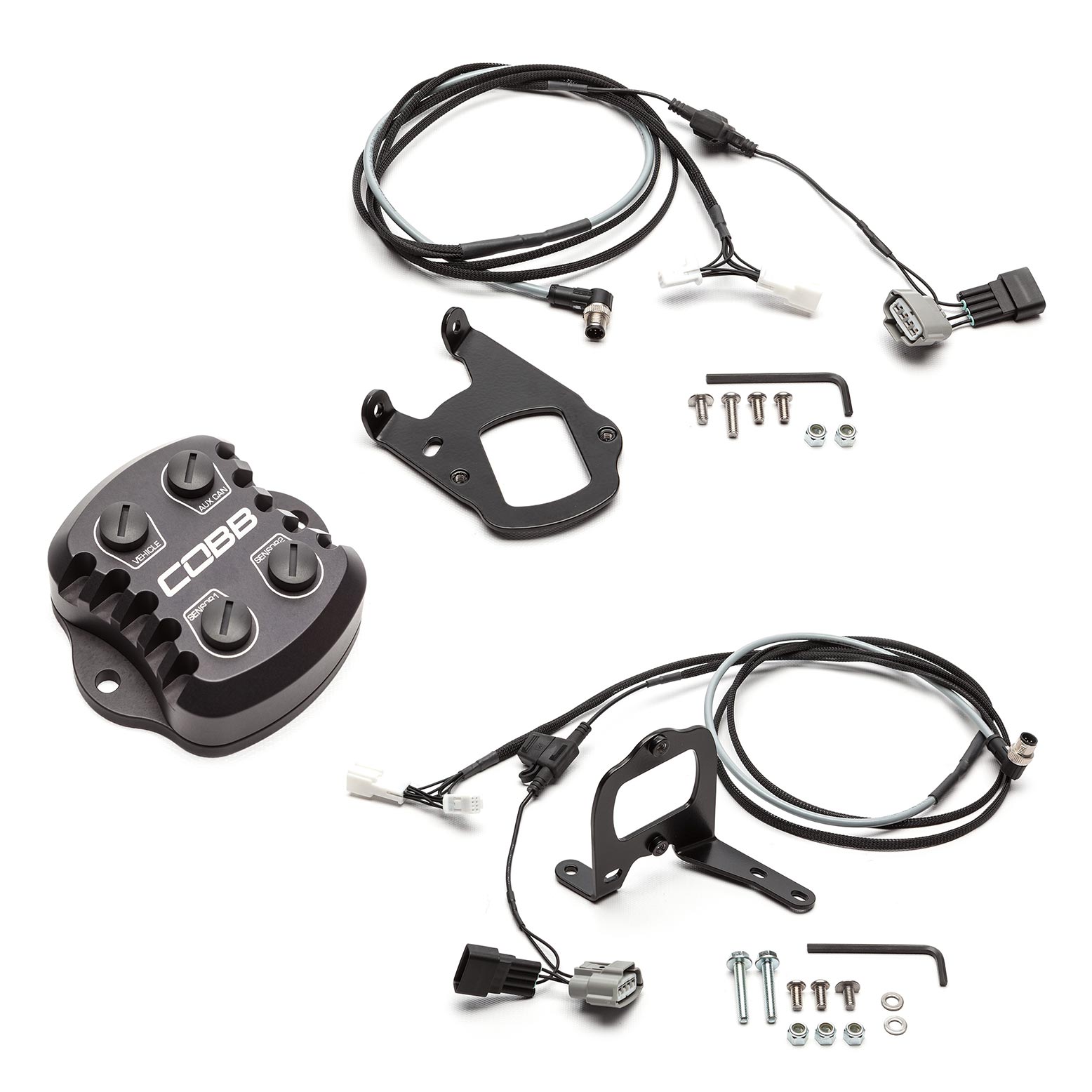 |
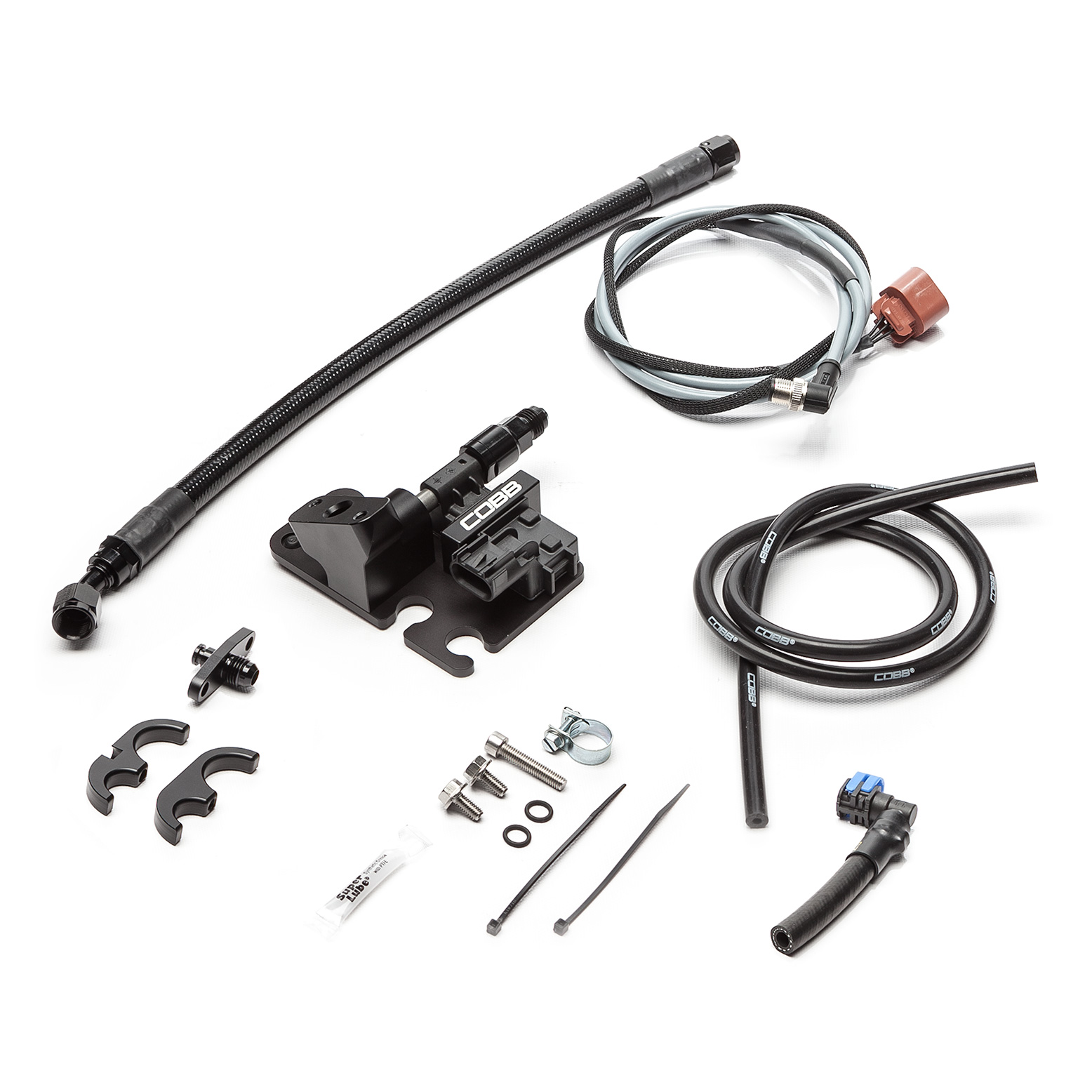 |
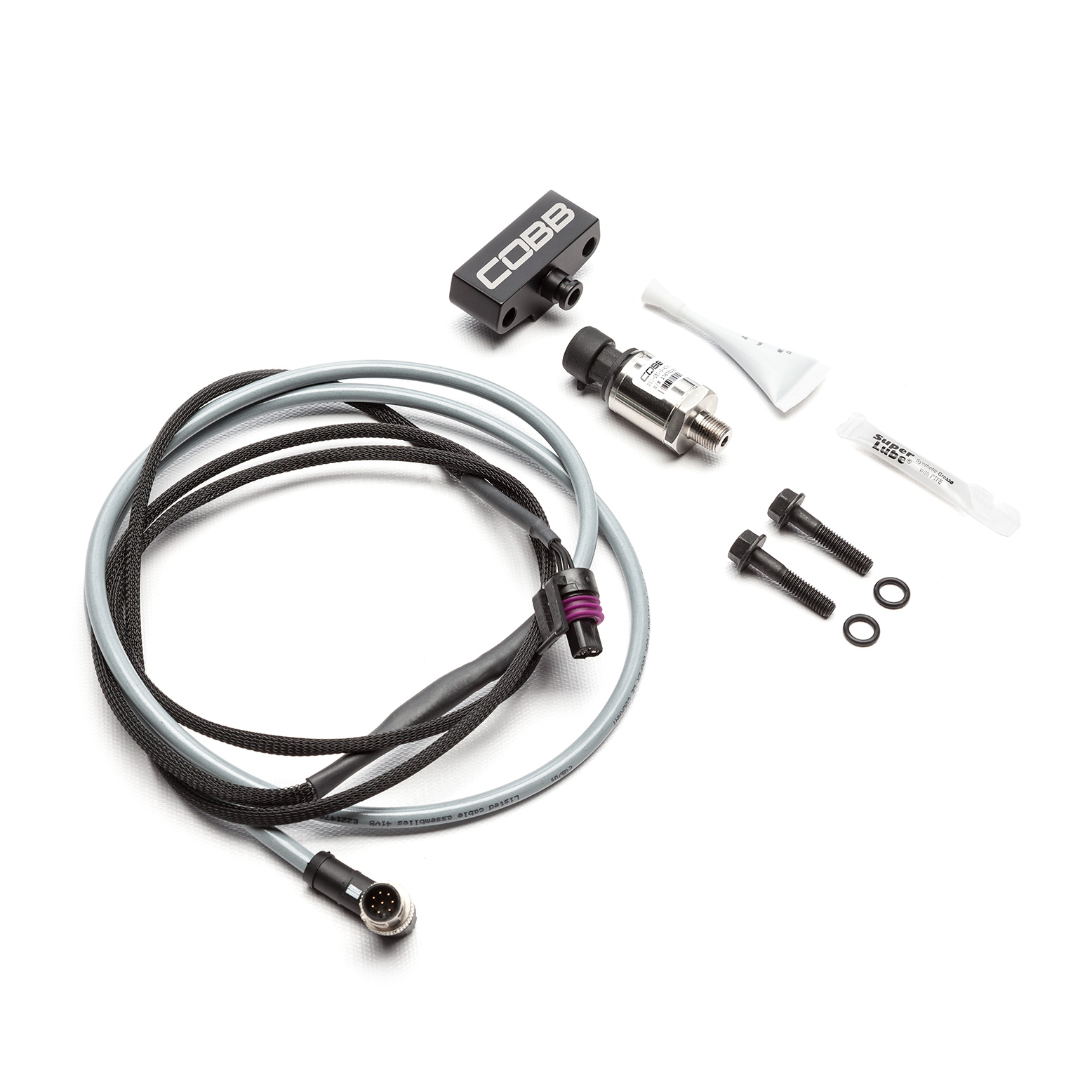 |
| Nissan CAN Gateway + Harness and Bracket Kit GT-R 08+ | Nissan CAN Flex Fuel Kit GT-R 08+ | Nissan Fuel Pressure Monitoring Kit for CAN Gateway GT-R 08+ |
New CAN Packages
Whether you are starting from scratch with a stock car or just need to add a little CAN Gateway love to an already modified Kaiju, we have you covered. The COBB CAN Gateway and other new related products can be purchased a-la-carte or bundled together in one of several awesome new packages.
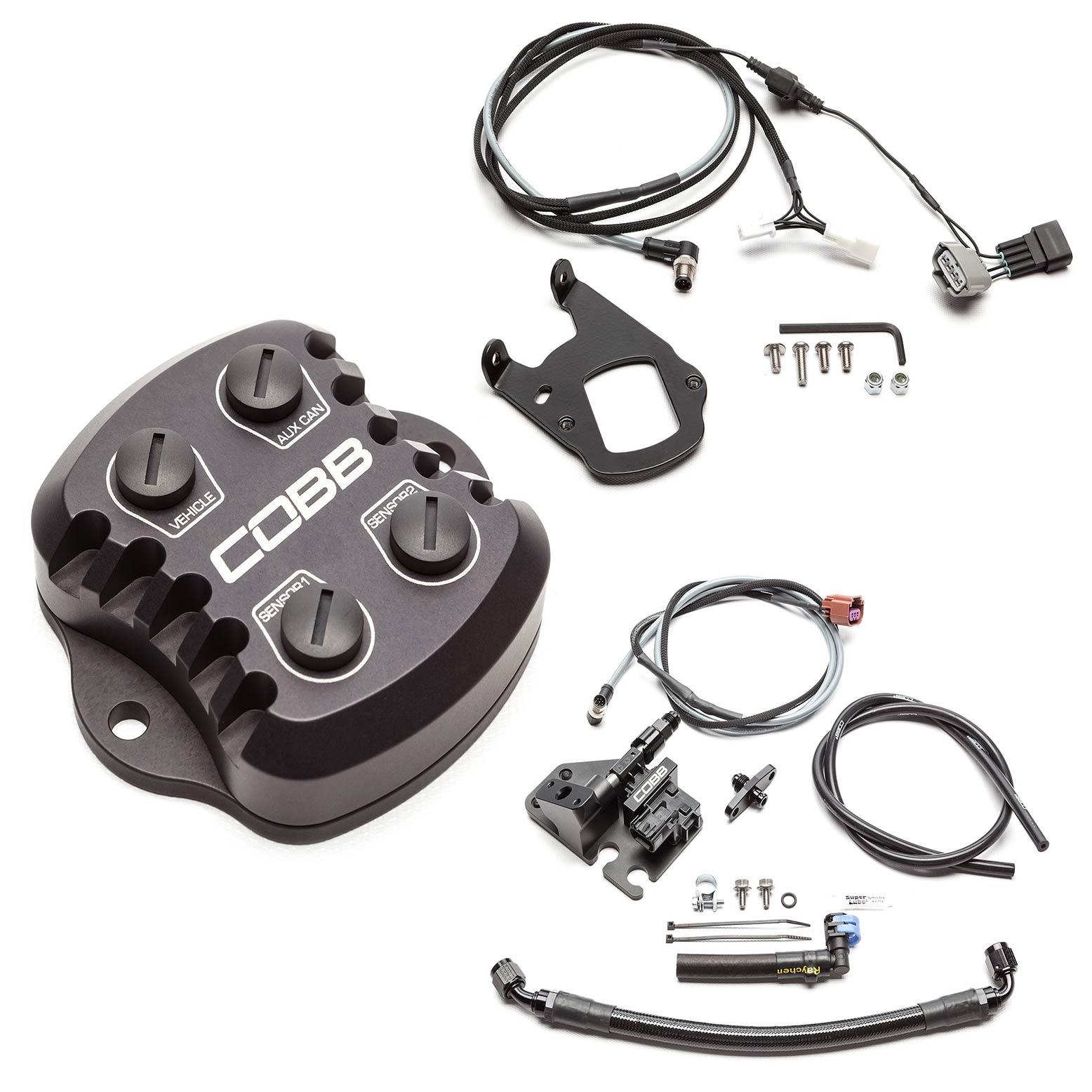 |
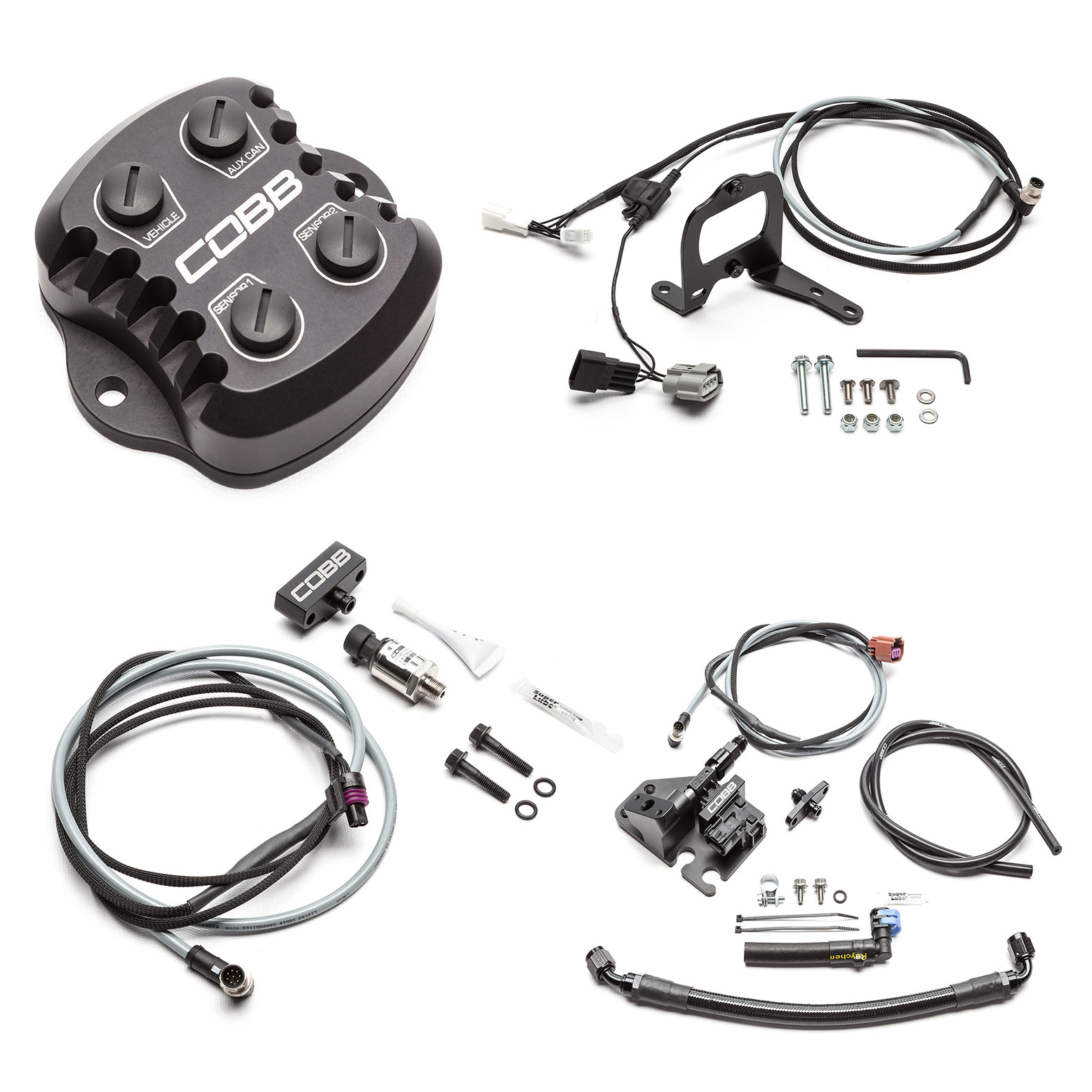 |
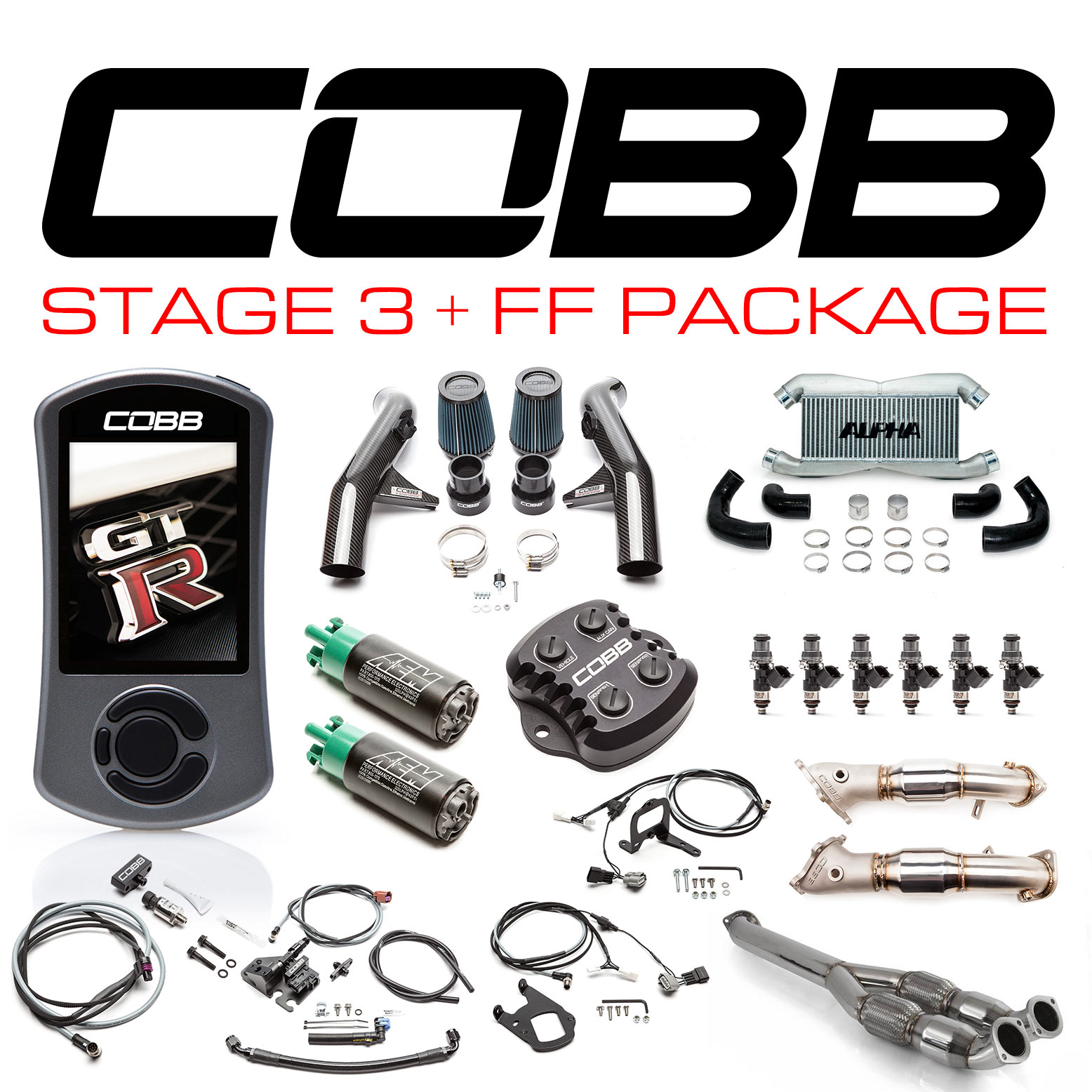 |
| Nissan CAN Gateway + Flex Fuel Kit GT-R 08+ | Nissan CAN Gateway + Flex Fuel Kit + Fuel Pressure Monitoring Kit GT-R 08+ | Nissan GT-R Stage 3 + FF Carbon Fiber Power Package NIS-006 with TCM Flashing |
CLICK HERE to see the full list of COBB CAN GATEWAY PACKAGE offerings!
Please contact our support line for any question –
Phone: 866-922-3059
Email: [email protected]

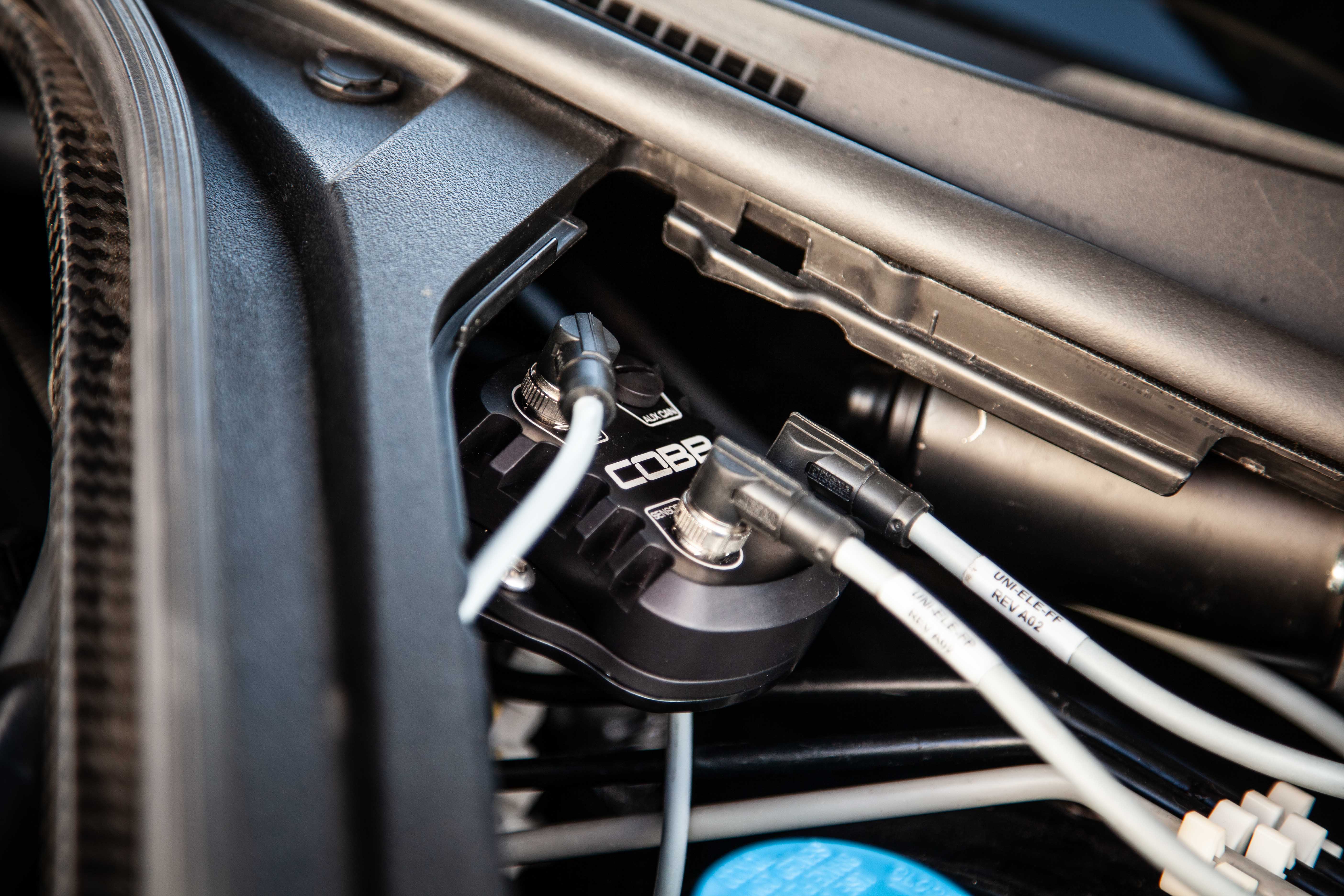
Leave a Reply